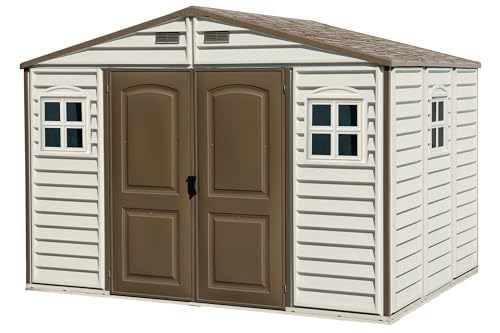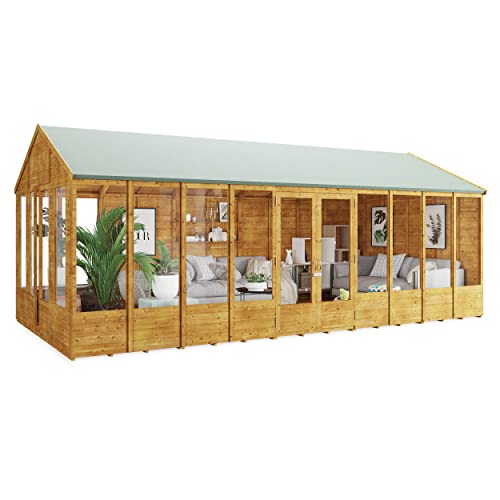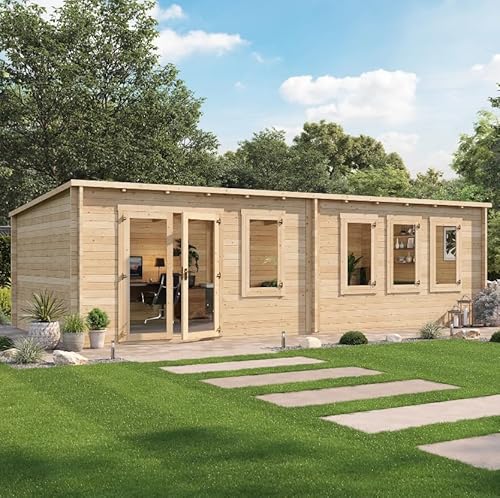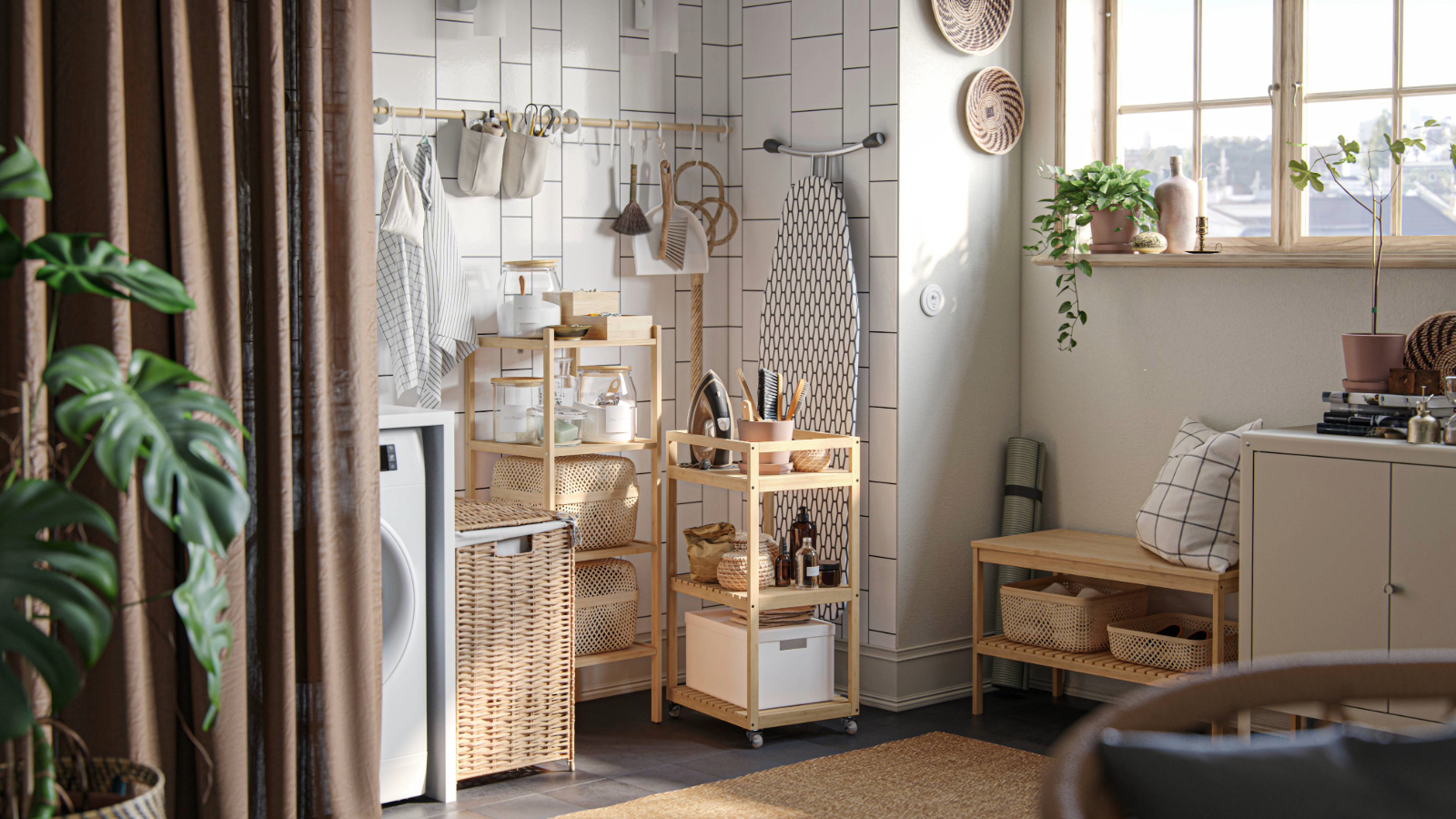Councils charging 'garden shed tax' where outbuilding is deemed 'liveable'
Why your garden shed could cost you extra council tax, and how to fight it
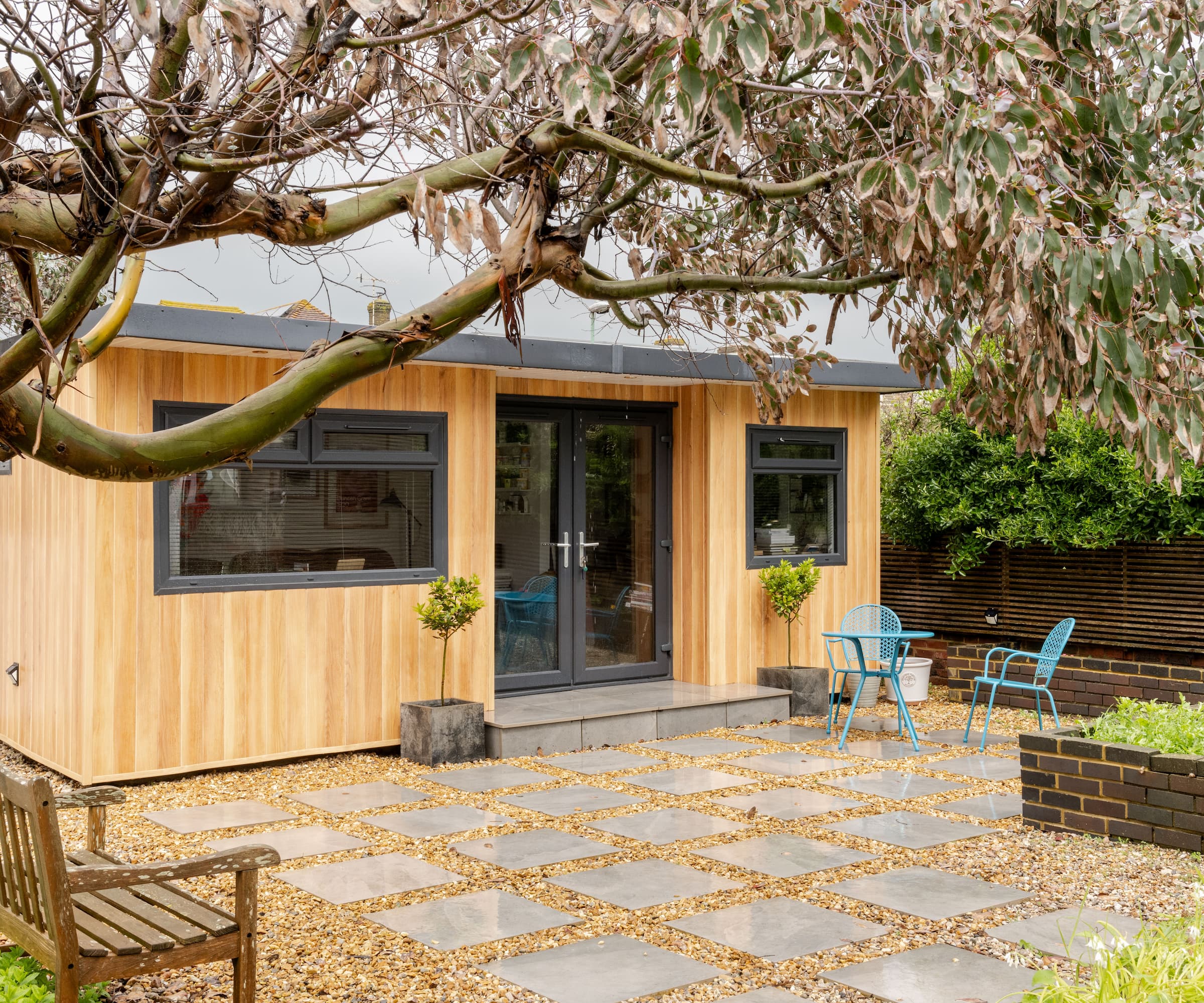
Bring your dream home to life with expert advice, how to guides and design inspiration. Sign up for our newsletter and get two free tickets to a Homebuilding & Renovating Show near you.
You are now subscribed
Your newsletter sign-up was successful
More homeowners are facing unexpected council tax bills as local councils crack down on garden sheds converted into living spaces.
That means anyone who has transformed their garden shed into more than a just place to store their tools, could find themselves paying a second council tax on their property – for the additional living space.
This growing enforcement reflects councils’ efforts to make sure all self-contained properties pay their fair share.
When does a shed become a taxable property?
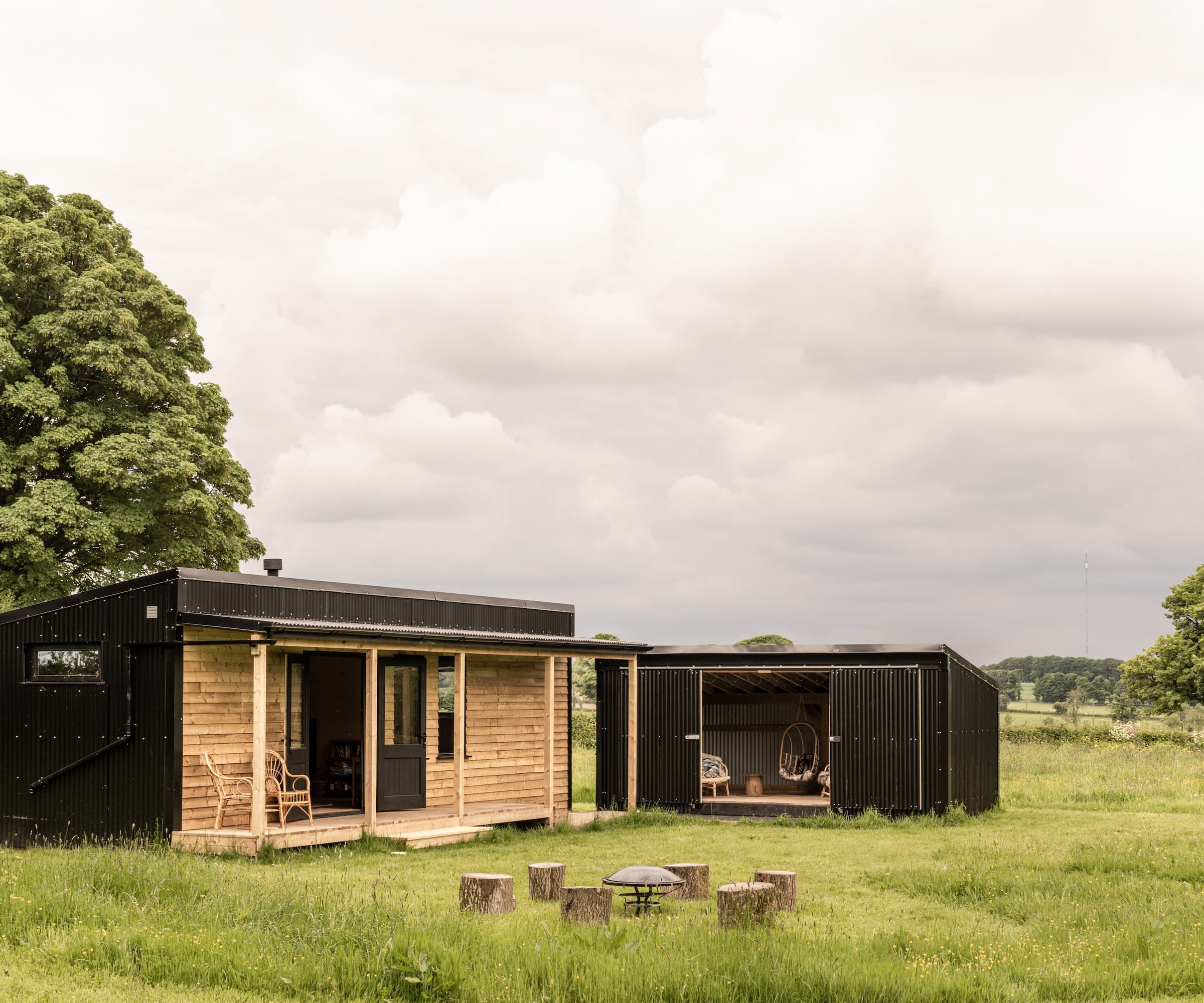
According to government guidance, “a property is considered a separate dwelling if it has its own kitchen, bathroom, and an independent entrance.”
Such structures, including garden sheds or annexes, can be subject to a distinct council tax band. The Valuation Office Agency, a government body that value properties for tax purposes, explains that “properties with self-contained living accommodation are valued and banded separately for council tax purposes.”
Councils regularly review planning applications and property sales, as well as conduct inspections, to identify outbuildings qualifying as separate dwellings.
This has led to an increase in cases where sheds with living facilities are reclassified and taxed independently.
Bring your dream home to life with expert advice, how to guides and design inspiration. Sign up for our newsletter and get two free tickets to a Homebuilding & Renovating Show near you.
Why are councils enforcing this more strictly now?
Local authorities are facing significant financial pressures including rising social care costs and growing debt burdens.
The government’s current council tax framework requires councils to ensure every chargeable dwelling pays its appropriate tax. A spokesperson highlights, “it is the responsibility of local councils to ensure council tax is charged fairly and accurately on all taxable properties.”
While national reforms aim to address broader council funding imbalances, councils rely on existing regulations to capture revenue from self-contained annexes.
This explains the recent uptick in “garden shed tax” cases, where outbuildings with kitchens and bathrooms are classified as separate homes.
Best Garden Sheds
What homeowners can do if their shed is reclassified

Need more advice or inspiration for your project? Get two free tickets to the Homebuilding & Renovating Show.
Homeowners who receive a new council tax band because their outbuilding is deemed a separate dwelling can challenge the decision.
The government advises: “If you believe your property has been banded incorrectly, you can appeal to the Valuation Office Agency or the relevant valuation body in your area.”
Providing evidence such as photos or floor plans showing the absence of living facilities can support your case. Consumer support groups such as the HomeOwners Alliance and Citizens Advice offer guidance to homeowners navigating council tax appeals.
The HomeOwners Alliance provides information on checking and challenging council tax bands, including eligibility for reductions and discounts. Citizens Advice offers advice on council tax, including how to check if you can pay less and what to do if you think your tax band is wrong.
With councils stepping up enforcement on outbuildings, staying informed and seeking expert advice is key to ensuring you’re only paying what you legally owe, and not a penny more.

News Editor Joseph has previously written for Today’s Media and Chambers & Partners, focusing on news for conveyancers and industry professionals. Joseph has just started his own self build project, building his own home on his family’s farm with planning permission for a timber frame, three-bedroom house in a one-acre field. The foundation work has already begun and he hopes to have the home built in the next year. Prior to this he renovated his family's home as well as doing several DIY projects, including installing a shower, building sheds, and livestock fences and shelters for the farm’s animals. Outside of homebuilding, Joseph loves rugby and has written for Rugby World, the world’s largest rugby magazine.
